Did you know the global freight forwarding market size was estimated at USD 216.47 billion in 2024 and is projected to reach USD 285.60 billion by 2030? With such rapid industry growth, selecting a logistics partner to ship your products from India to the USA is a pivotal decision. As it’s not just about shipping containers, it’s about ensuring timely deliveries, cost-effectiveness, and seamless operations.
But how can you be sure you’re making the right choice? The key lies in asking the right questions. By digging deeper into your freight forwarder’s capabilities, you can uncover hidden costs, service gaps, or potential delays that could disrupt your operations.
This blog offers a comprehensive set of questions to ask a freight forwarder, enabling you to achieve transparency, reliability, and efficiency in your shipping operations.
TL;DR
- The freight forwarding market is projected to reach $216 billion by 2029, underscoring the importance of selecting the right partner.
- Ask detailed questions about licensing, services, experience, pricing, and compliance when selecting a freight forwarder.
- Focus on risk mitigation, cost transparency, customs compliance, and tech capabilities like real-time tracking.
- Review responses for clarity, check references, and consider a trial shipment to assess reliability.
- Confirm your freight forwarder offers a seamless, end-to-end solution to minimize risks, costs, and offer timely deliveries.
Who are Freight Forwarders?
A freight forwarder acts as an intermediary between you and various transportation services, organizing and coordinating the movement of your goods from one location to another. They don’t own the transportation vehicles themselves but utilize their network of carriers, including shipping lines, airlines, trucking companies, and rail services, to find the most efficient and cost-effective routes for your shipments.
Think of them as your logistics partner, handling the complexities of international shipping so you can focus on growing your business. They handle multiple aspects of the shipping process, including:
- Ocean Freight (FCL Shipping): Coordinating the shipment of full container loads from Indian ports to U.S. ports, ensuring timely departures and arrivals.
- Customs Clearance: Managing the necessary documentation and compliance with both Indian and U.S. customs regulations to facilitate smooth import and export processes.
- Last-Mile Delivery: Arranging for the final leg of transportation from U.S. ports to your specified destination, ensuring your products reach their final stop without delay.
By entrusting these responsibilities to a skilled freight forwarder, you can mitigate risks, reduce costs, and improve the reliability of your supply chain.
Ready to streamline your logistics and shipping process?
Contact Intoglo now!Now that you have a clearer understanding of what freight forwarders do, let’s explore the specific questions that will help you assess whether a freight forwarder is the right fit for your business.
Also Read: What are the Duties and Responsibilities of a Freight Forwarder
Key Questions to Ask Your Freight Forwarder
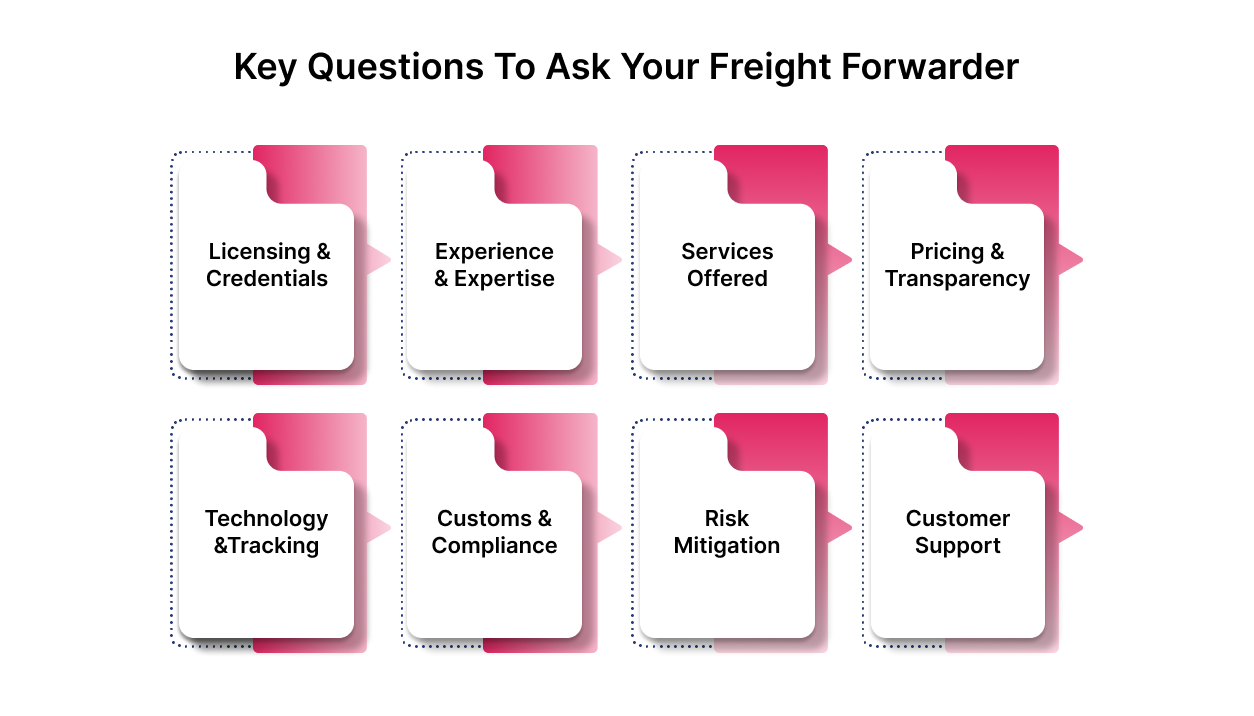
To confirm you’re selecting the right partner, it’s essential to ask specific questions about their services, experience, and transparency. These questions will help you evaluate their capabilities and verify that they align with your business needs. Here are some of the most important questions to ask a freight forwarder:
1. Licensing and Credentials
It’s essential to confirm that your freight forwarder is properly licensed and compliant with industry standards. Ask them:
- Are you licensed and bonded?
You need to verify if the forwarder holds necessary certifications, such as the Federal Maritime Commission (FMC) license for ocean freight or TSA certification for air freight, which confirms they are legally authorized to manage shipments.
- Do you have ISO 9001 certification?
This certification demonstrates that the company adheres to quality management standards, ensuring reliability and consistency in its service.
- Are you a member of any industry associations?
Being a member of recognized organizations like IATA or CTPAT indicates the forwarder’s commitment to adhering to best practices and international trade standards.
2. Experience and Expertise
Understanding their experience will help you determine if they are equipped to handle your specific needs. Consider asking:
- How long have you been in the freight forwarding business?
The more experienced a freight forwarder is, the more likely they are to have the expertise to handle challenges that may arise in your shipping process.
- Do you specialize in shipments from India to the USA?
If they specialize in this specific route, they will likely have a deeper understanding of the regulations, customs procedures, and unique shipping requirements between India and the USA.
- Can you handle a specific type of cargo?
You should confirm that the freight forwarder has experience handling your specific products, whether they are perishable goods, electronics, or hazardous materials.
3. Services Offered
Clarifying the services they provide confirms that they can meet your logistical needs. Ask:
- Do you offer end-to-end services?
You’ll want a freight forwarder that handles everything from pickup at your warehouse in India to delivery at the consignee’s location in the USA. This includes customs clearance, warehousing, and last-mile delivery.
- Can you assist with Amazon FBA shipments?
If you’re selling on Amazon, you’ll need a partner who understands Amazon’s strict packaging and compliance requirements for FBA shipments for smooth delivery.
Intoglo’s specialized services for Amazon FBA shipments offer compliance with Amazon’s packaging standards and direct delivery to Amazon warehouses in the USA.
- Do you provide warehousing solutions?
Having access to warehousing, whether short-term or long-term, can refine your supply chain, particularly when dealing with fluctuating inventory needs.
4. Pricing and Transparency
To avoid unexpected costs, ask the right questions about pricing to confirm you understand the details. Consider:
- Can you provide a detailed breakdown of all charges?
A transparent freight forwarder should offer a clear explanation of all costs involved in the shipping process, from booking to delivery, so there are no hidden charges.
- Are there any destination charges?
Check if there are any additional fees at the destination, such as terminal handling charges or port dues, to avoid any surprises when your shipment arrives.
- Do you offer instant rate quotes?
The ability to receive quick, accurate quotes can help you make decisions more quickly and facilitate better planning, especially when comparing various freight forwarders.
Intoglo offers transparent pricing with no hidden fees and offers instant rate quotes through its platform, making it easier to plan and budget effectively.
5. Technology and Tracking
Having access to real-time tracking and digital tools can significantly improve your shipping experience. Ask:
- Do you offer real-time shipment tracking?
You need a freight forwarder that provides continuous updates on the location and status of your shipments, so you can plan accordingly.
Intoglo offers Glotrack, a proprietary platform that delivers end-to-end shipment visibility, real-time updates, and proactive notifications, ensuring you stay informed at every stage of your shipment.
- Is there an online platform for managing shipments?
A user-friendly online platform allows you to book, track, and manage multiple shipments in one place, making your logistics process smoother and more organized.
- Do you provide proactive notifications?
Ask if they send automated alerts about shipment progress, delivery dates, or potential delays so that you can stay informed throughout the process.
6. Customs and Compliance
Handling international customs is essential to avoid delays and fines. Confirm they can handle these complexities by asking:
- Do you handle customs clearance?
Verify the freight forwarder manages the customs clearance process for both Indian and U.S. ports, helping you avoid delays at customs and reducing your administrative burden.
- Can you assist with HS code classification?
Properly classifying your products under the correct HS codes is critical for accurate tariff assessment and smooth passage through customs.
Intoglo’s AI-powered HS Code scanner enables you to photograph an item and instantly identify the correct HS code, streamlining compliance with U.S. regulations.
- Are you familiar with both Indian and U.S. import/export regulations?
The forwarder should be well-versed in the import/export regulations of both countries to secure compliance and prevent potential shipment issues.
7. Insurance and Risk Management
Protecting your goods during transit is critical, especially for high-value items. Ask:
- Do you offer marine cargo insurance?
Marine cargo insurance confirms that your goods are protected in case of damage, theft, or loss while in transit.
- What steps do you take to minimize risks during transportation?
You should understand how the freight forwarder mitigates risks, such as handling hazardous weather conditions, using secure packaging, and providing risk assessments.
- How do you handle issues like delays or damaged goods?
Clarifying how they manage risk will help you gauge their ability to respond quickly and effectively to potential problems that could disrupt your shipment.
8. Customer Support and Communication
Efficient communication is crucial to avoid delays and miscommunication. Consider these questions:
- What communication channels are available?
You should have access to multiple channels, including phone, email, and chat support, for any queries or issues that may arise.
- Do you provide support during both Indian and U.S. business hours?
A freight forwarder that offers 24/7 support affirms that you can resolve issues, regardless of time zone differences between India and the U.S.
- How do you handle issues or delays?
Ask how they manage situations like shipment delays, damaged goods, or any other unforeseen issues. Their response should demonstrate a proactive approach to problem-solving.
By asking these questions, you can make informed decisions and verify that your freight forwarder meets your business needs. This affirms transparency, compliance, and a smooth shipping experience.
CTA: Concerned about hidden fees and lack of transparency?
To confirm that the freight forwarder aligns with your business needs, it’s crucial to assess their responses carefully.
Tips for Choosing the Right Freight Forwarder for Your Company
Selecting a reliable freight forwarder is crucial for ensuring smooth and cost-effective logistics operations. Whether you’re just starting to ship goods or looking to scale globally, here are some essential tips to help you choose the right freight forwarding partner for your business:
1. Understand Your Internal Requirements
Before reaching out to any freight forwarder, take time to assess your logistics needs. Define the mode of transport (air, sea, land), the volume of shipments, required services (customs clearance, warehousing, etc.), and any special handling or packaging requirements. Knowing exactly what you need helps forwarders provide tailored solutions.
2. Check Their Capability to Handle Multiple Shipment Types
Your current shipping needs may be simple, but that can change. Choose a forwarder that can handle various shipment types, including ocean freight and air cargo. Their flexibility and global partner network can save you time and effort when your business scales or shifts routes.
3. Understand Their Shipment Management Process
Ask how they manage day-to-day operations. Will you have a single point of contact or a team? What’s their communication method: email, phone, or online tracking portal? Clarity on how your shipments will be managed confirms fewer delays and better coordination.
4. Create a Detailed Requirements Checklist
Create a checklist of your shipping needs, including timelines, Incoterms, packaging standards, product types, and delivery priorities. This helps both you and the forwarder stay aligned and avoid last-minute surprises.
5. Ask About Their Service Contracts
Freight capacity can fluctuate. Confirm that your forwarder has contracts with multiple carriers, ocean liners, airlines, and trucking companies. This allows them to offer alternative routes or carriers when space is tight or delays arise.
Need a reliable partner for freight forwarding and shipping?
Contact Intoglo now!Conclusion
Selecting the right freight forwarder is crucial for businesses aiming to ship products from India to the USA. By asking the right questions, you can verify that your logistics partner aligns with your needs, offering transparency, reliability, and efficiency. These questions guide your evaluation process, enabling you to make informed decisions that support your business objectives.
When it comes to choosing the right freight forwarder, Intoglo stands out as a reliable, technology-driven partner. Intoglo is a digital freight forwarding platform specializing in door-to-door Full Container Load (FCL) shipping from India to the USA. With a focus on seamless, end-to-end logistics solutions, we serve as a one-stop partner for exporters, handling every aspect of the shipping journey, from pickup at your warehouse in India to final delivery in the USA.
Key Features of Intoglo:
- Ocean Freight (FCL Shipping): Direct, cost-effective FCL shipping with special contract rates from major global shipping lines.
- Door-to-Door Logistics: End-to-end shipment management, including pickup within 24 hours, consolidation, customs clearance, warehousing, and last-mile delivery to over 41,000 zip codes in the USA.
- Warehousing in the USA: Access to 50+ warehouses across the USA for both long-term and short-term storage, with transloading and sorting facilities.
- Amazon FBA Shipments: Specialized service for Amazon sellers, including direct delivery to Amazon FBA warehouses, palletization, and container stuffing as per Amazon guidelines.
- Customs Clearance: In-house compliance team with over 30 years of experience, managing clearance at both Indian and US ports, and providing customs bond services for US importers.
- AI-powered HS Code scanner: users can photograph an item and instantly identify the correct HS code for seamless compliance.
- Technology & Shipment Visibility: Glotrack, a proprietary tracking platform offering real-time, end-to-end shipment visibility, proactive notifications, and access to all documentation in one place.
- Insurance & Value-Added Services: Marine/cargo insurance available on request, free days at destination ports to reduce extra costs, and custom solutions for unique requirements.
If you’re ready to enhance your shipping process and want a smooth, efficient logistics experience, contact Intoglo today. Our team of experts is ready to assist you with your international shipping needs.
FAQs
1. What are the typical costs involved in freight forwarding?
Freight forwarding costs can vary based on factors like the mode of transportation (air, sea, land), shipment size, distance, and additional services required. Common charges include base freight rates, fuel surcharges, terminal handling charges, customs clearance fees, and insurance premiums.
2. How do customs clearance procedures work?
Customs clearance involves the submission of required documentation to customs authorities for the import or export of goods. Your freight forwarder should handle this process, ensuring that all paperwork is accurate and complies with both Indian and U.S. regulations. This includes classification of goods, payment of applicable duties and taxes, and obtaining necessary permits.
3. What should I do if there are delays or issues with my shipment?
In case of delays or issues, promptly communicate with your freight forwarder to understand the cause and the steps being taken to resolve it. A reliable freight forwarder should provide proactive updates and work towards minimizing disruptions. Having a contingency plan in place can also help mitigate the impact of unforeseen events.


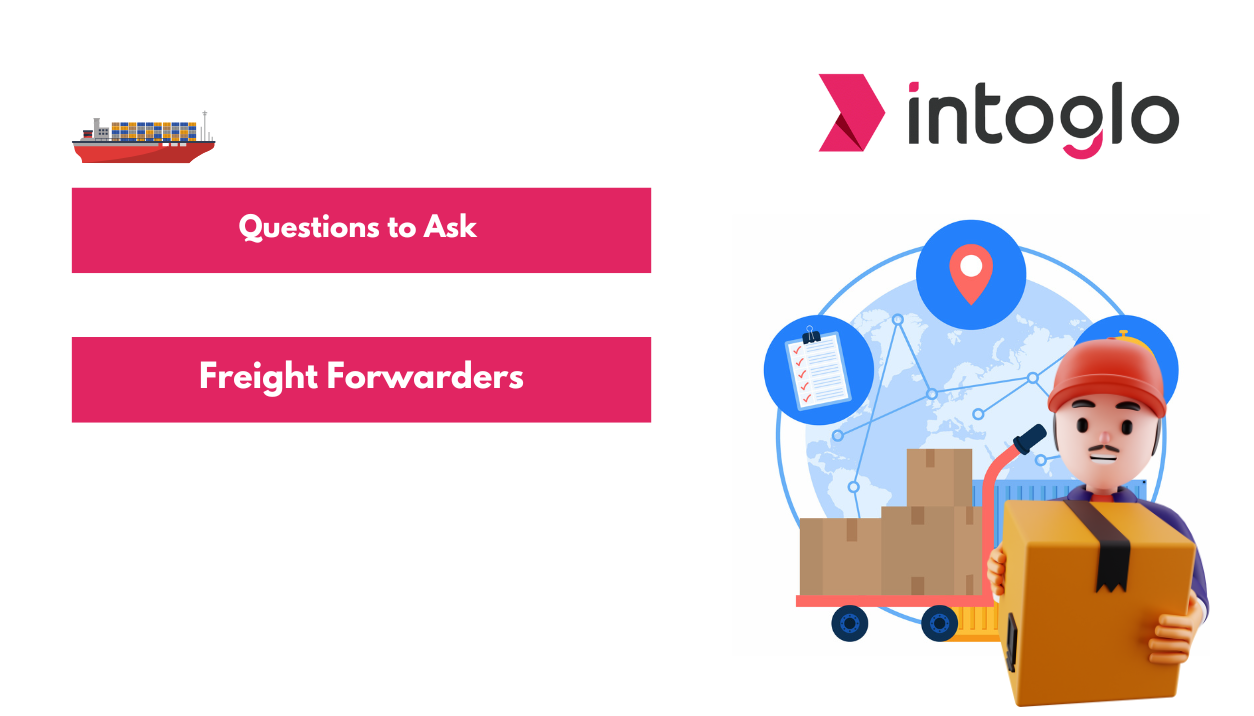
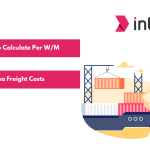
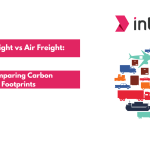
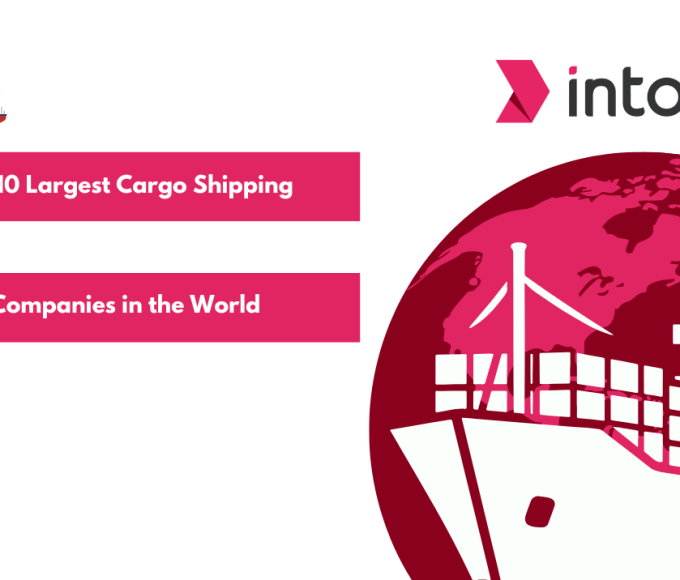
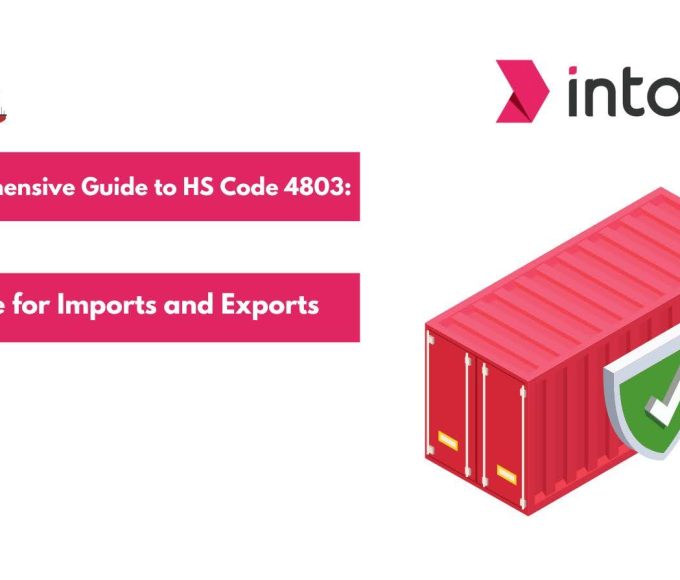
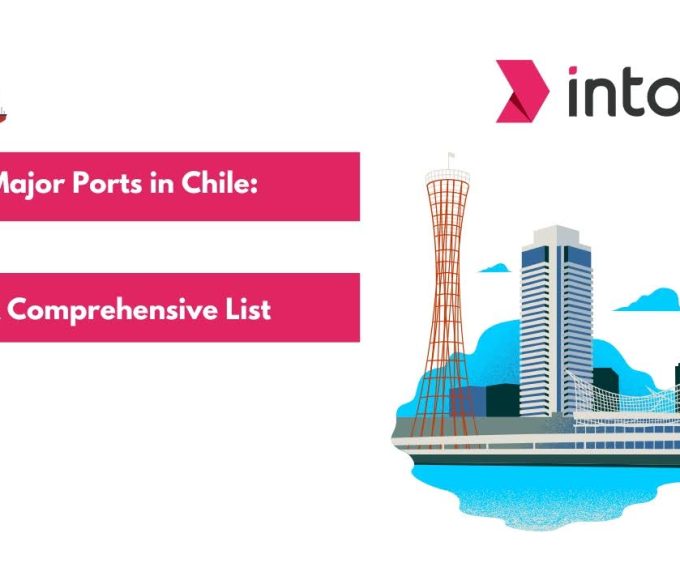
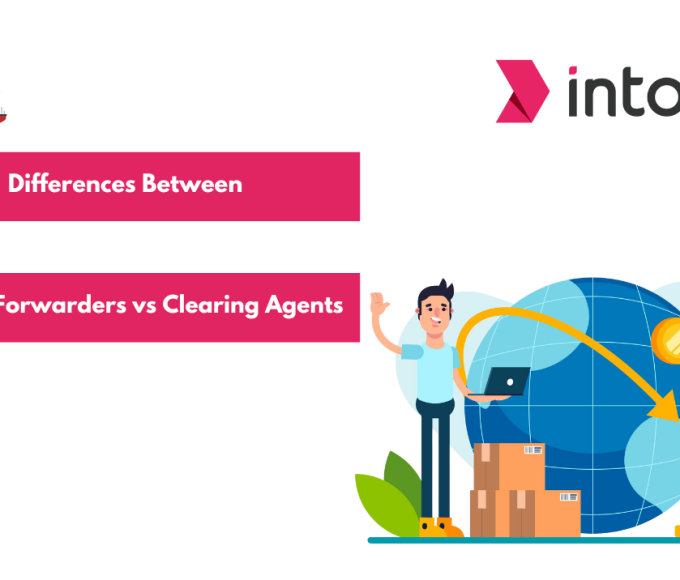
Leave a comment